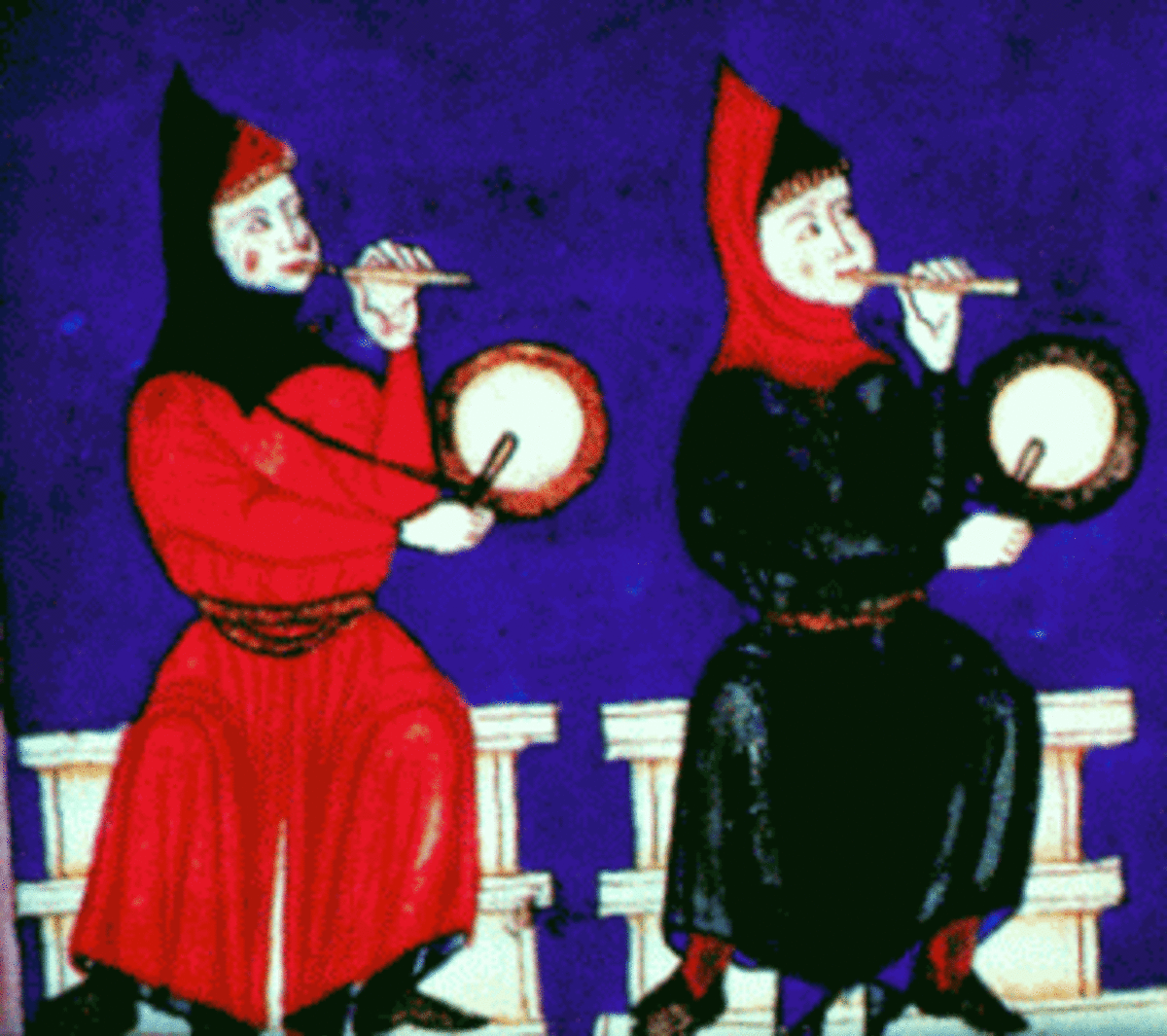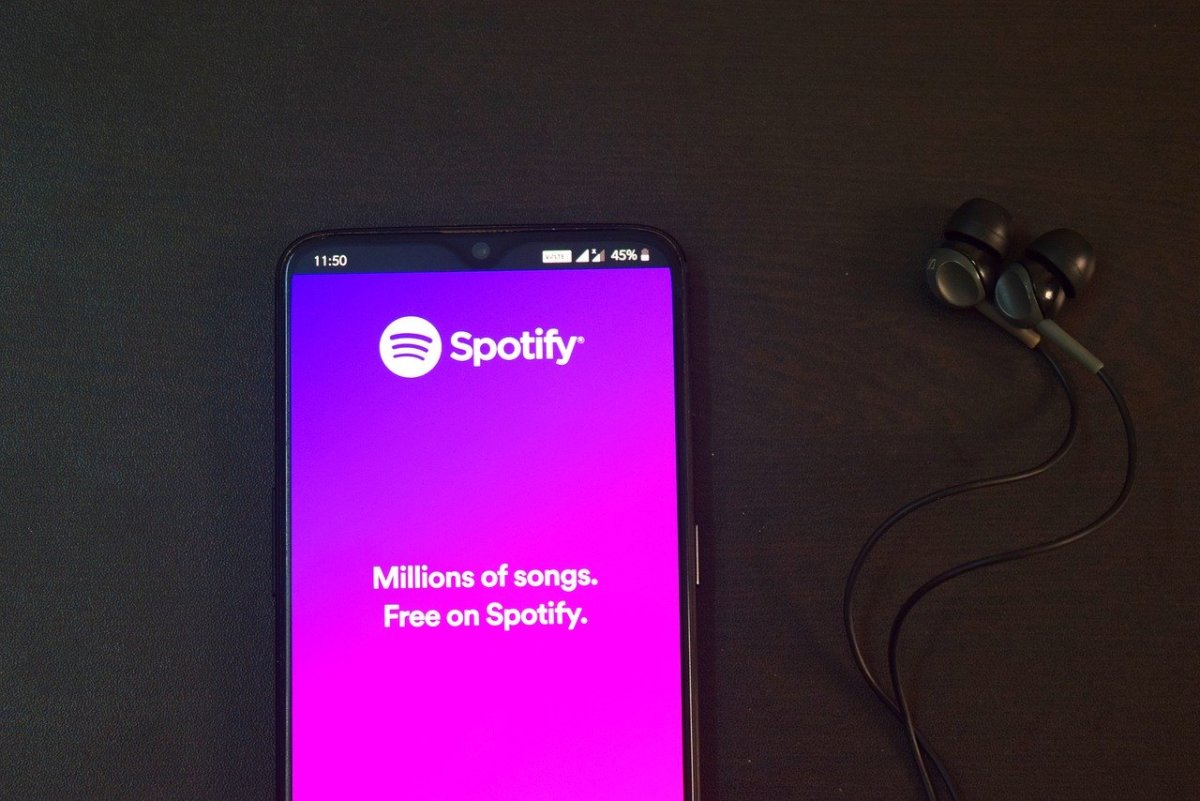Free Songs, Fewer Musicians
“Illegal music downloads are a double edged sword.
People should get more education on the matter. It's stealing. Flat out. You're taught not to steal from a young age...”Chris Pennells - Deaf Havana
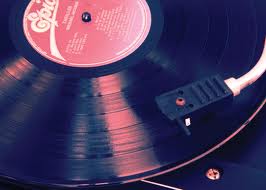
(1) In 2007, more than 5 billion songs were downloaded illegally online, and last year new data from a UK Music-backed study showed that 61% of young people illegally download music from a file sharing site.
Of those that used illegal file sharing sites, 83% did so on a weekly basis and downloaded on average 8,100 tracks.
“A cup of coffee from costa costs £3.50 and lasts 10 minutes. An album costs £9.99 and lasts forever!”
Ben Wykes – Arizona.

Before online downloads came into fashion in the mid-2000’s, musicians had no problem in selling CDs and Vinyls. This meant that records cost less than they do today. One of the main reasons prices have increased is because so many people don’t buy singles or records, and instead download them illegally. Although, there is a benefit to the internet for the music industry - apps and websites such as ITunes to buy music, profit of which goes straight to the bands.
Deaf Havana lead guitarist, Chris Pennells had his say during a twitter debate with You Me At Six guitarist Max Heyler recently, and was quick to say that artists would have to start increasing ticket prices, to make up for the money lost in lack of record sales. I asked Pennells a few questions about illegal music downloads.
"Illegal music downloads are a double edged sword. Your music gets heard more, but obviously you're not making any money out of it. Expecting bands to be happy with the way consumers treat music as a commodity these days is asking us to be OK with someone mugging us off.
"Because music sales are so poor, bands are being asked to sign away merchandise rights and sell portions of their live music revenue to labels, which frankly, is disgusting. All because "fans" won't pay £6.99 for an album.”
Most musicians would agree with Pennells, although Conor Peek, lead singer of up and coming Electronic and Metal band, Cabin Boy Jumped Ship has a different view on the matter, claiming that musicians shouldn't “charge for music. The world is changing so adapt!
“I think we live in a digital age now where CD’s are almost useless unless a big fan wants it so they can get it signed. (Cabin Boy Jumped Ship) are giving away our EP for free because people would illegally download it anyway and we’d rather have more people listen to us! We already found torrents of our singles even though they’re free to download anyway!”
Evidently, giving away the EP for free hasn't stopped people illegally downloading it, highlighting the problem in the industry. More smaller bands are giving away their music for free and Pennells believes that this is “a useful way of getting your music out there.
“A lot of them will use it for data captured too, for example - sign up to a mailing list and get a link for the EP for free.”
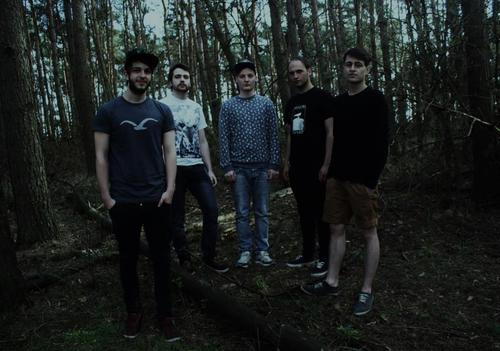
“IT’S A LOT OF WORK MAKING GOOD MUSIC. YOU HAVE SO MUCH COSTS TO PAY AND WHEN EVERYBODY DOWNLOADS IT ILLEGALLY YOU GET NO MONEY BACK. YOU THEN CAN’T RECORD ANOTHER ONE, CAN’T PREPARE NEW MERCH AND THE BAND IS ABOUT TO BREAK UP! IT’S BAD.”
LUKAS WOITSCHIG – Reach the surface.
(2) In the UK, by 1988 sales of CD’s were higher than Vinyl for the first time in history. This lead to the destruction of Cassettes, and even Vinyl’s are now scarcely seen with only collectors being the main people who buy them nowadays.
Does this mean with technology growing every year that Vinyl will eventually not be sold and CD’s become collector’s items?
A continuous problem for the industry are apps such as Spotify, which allow people who pay £10 a month for a premium account to download as many songs or albums as they like to listen to while offline. This is considered legal, despite virtually NO money that Spotify generates going to musicians who spend so much time and money on making the music.
It’s understandable that a lot of people can’t afford to pay £10 for every album they want, but illegally downloading music results in no money or profit being made for the musicians, record labels or music promoters.
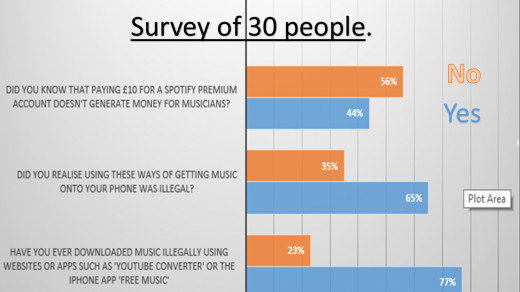
Musicians pay for hotels, busses, petrol, making albums, equipment, making the merchandise, pay the venue plus more that goes on behind the scenes. So can we really afford to keep downloading music illegally?
Ernie Halter, an American singer/songwriter believes that “any industry that’s being robbed of revenue gets hurt. It’s bad for artists, writers and ultimately fans.”
By not buying music from artists, these musicians will eventually have to find a different career path, resulting in the fans being disappointed.

I don’t mind that people download music illegally. As a band’s point of view as long as people are listening to our music then it’s fine. However it can affect things such as bands being able to afford tours or (record) new albums. So it can affect musicians in a huge way.
Kudos (band)
In contrast, Peek believes that you don’t need to sell music to keep the band going. “(Cabin Boy Jumped Ship) main income at the moment is merchandise and all the sales from that fund’s the bands new equipment.”
After asking if it’s becoming harder for the band to make new music as they rely on the sales of records, Peek seems surprised that it would even be an issue.
“Not at all. I think because our music is free our fan base grows bigger and bigger so then they support us by wearing our t-shirts!”
I went on to ask if using digital downloads over selling CD’s is something the band decided to do or was it something they had to do because how much times have changed?
“We may have a small run of CD’s as some fans want them but digital downloads are the cheapest and most efficient way to get your music out.”
Whereas Ben Wykes, Arizona guitarist believes that “financially unless you are a huge band you will never make money. We as a band know that the money we have spent on recording our new EP and a music video is something we are never going to make back.
“Maybe people don't realise the cost, a few thousand for a handful of songs and a video. We would be lucky to make even £100 back on selling our music. That's a big loss, but we don't do it for the money.
“We do it for the fun and the excitement of playing shows. Realistically as a band these days merchandise is the only way to make money. You’re lucky if a venue gives you petrol money. We all work day jobs to pay for the recording, the merchandise and the travel expenses. We always dip into our pockets for band related situations.
“We pay our petrol to shows, buy new equipment, cover costs, but merchandise helps us bands out for the transport situation. We make no money ourselves.”
Piracy Kills Muisc
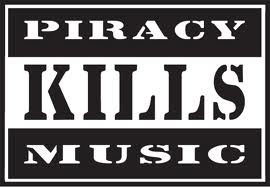
Deaf Havana recently sold out their UK Tour.
I think if musicians continually see a reduced rate at which they see an income from CD sales then live music will become their only revenue stream, besides Merchandise. Further cementing the emphasis that touring is the most important thing a band can do.
Chris Pennells – Deaf Havana.
"As a smaller band, we sell stuff near to nothing. Why? Advertising. We just want to show people our music and have feedback (from it).
“There are no fines for illegal downloads. That’s why you won’t stop it.”
This is probably the attitude of most musicians nowadays. Knowing that each year the amount of people illegally downloading music increases, and more apps like Spotify continue to grow in size, record sales are no longer becoming number one priority. Advertising their music, selling merchandise and selling out shows has become the number one factor for many musicians; showing the difference between the industry now and 30 years ago.
Although the internet can be used as great publicity for musicians and people can now buy songs and albums online, people take advantage of websites like YouTube and convert YouTube videos onto their phones and laptops using a popular new website – YouTube Converter.
Wykes said, “I think it also has something to do with the conveyors. It costs no money and has the same benefit from the users’ perspective. Even if albums were a fiver I still don't believe people would purchase them.
"Technically you aren't supporting the band financially, it's just for your own benefit. All you are doing is maybe producing a small amount of advertising for that musician.”
Although some may see music as being expensive, Wykes is quick to point out that people pay for a “cup of coffee from Costa for £3.50 and lasts ten minutes. Yet people (wouldn't pay) £9.99 for an album that would last you years."
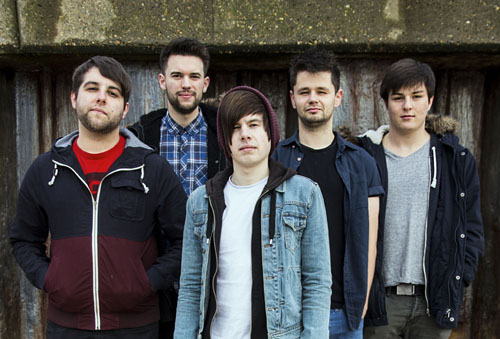
Many musicians don’t download music illegally, and as All At Sea guitarist Alex Elliot says “I don’t believe its right to illegally download (music) despite not knowing what it does to other bands. Our band isn’t yet big enough to get effected by it yet, but I’m sure we will be in the future.”
So I ask you to remember, next time you download music online illegally, you’re not just hurting the musicians you claim to love. You’re hurting the record labels, venues, promoters, sound technicians, merchandise sellers, other fans, and ultimately, the future of the musical industry.
You can go visit all the musicians’ pages below, with links on each to all their latest records and merchandise websites.
With thanks to all the musicians who got involved in the debate and took the time to have their say. Also thank you to Caroline Coakley for helping out with this article.
Arizona – http://facebook.com/ArizonaUk
Ernie Halter - http://www.erniehalter.com/
You Me At Six – http://www.youmeatsix.co.uk
Cabain Boy Jumped Ship - http://www.cabinboyjumpedship.co.uk/
© Rhys Russell 2014 - Publishing rights reserved.
(1) http://news.softpedia.com/news/Illegal-Music-Downloads-Still-a-Widespread-Problem-118960.shtml
(2) http://www.soc.duke.edu/~s142tm01/history4.html
© 2014 Rhys Russell



